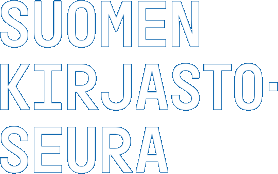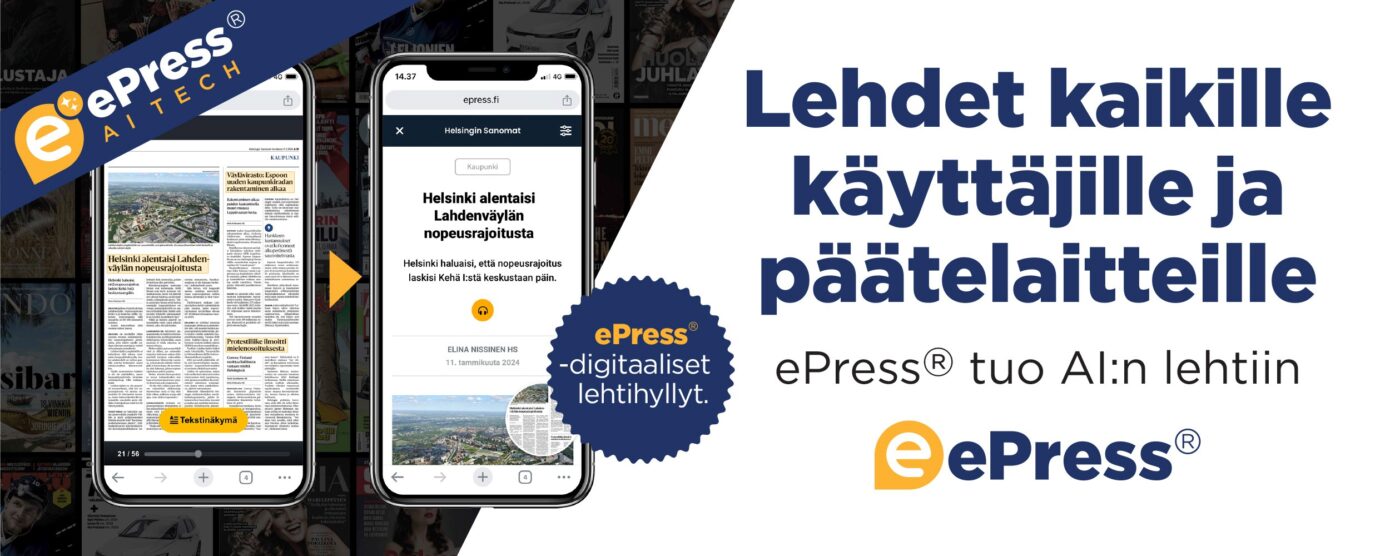OVER the past months, we have seen dramatic headlines about the future status of present-day occupations. Which jobs will remain and which will disappear?
OVER the past months, we have seen dramatic headlines about the future status of present-day occupations. Which jobs will remain and which will disappear? The lists of occupations have been actively discussed in libraries, because the experts of ETLA (Research Institute of the Finnish Economy) estimate that the profession of library worker will disappear in Finland.
ALMOST simultaneously, it was reported that some of the professions that will remain and flourish in the future are related to library work content and competence. According to Petri Rouvinen, ETLA’s Managing Director, new work will be created in the information and communication professions, in which social skills and the ability to understand people are needed. Rouvinen finds that more people will also be needed in professions related to education and motivation. The word ‘library’ was not mentioned in this context, but I hope the comment was interpreted in the right way within the field. There is a demand and place for libraries and library work also in the future.
INFORMATION TECHNICALISATION – we have already experienced it, and part of routine work has disappeared or at least been reduced by it. A huge reform concerning the library field is currently taking place in the media sector, and this change directly affects libraries. The free delivery of digital content has reached the end of its journey, and readers are puzzled about such practices as newspaper paywalls. The situation is equally confusing for libraries. The acquisition and management of paid electronic content is arduous.
LIBRARY MATERIALS are digitalised, and the availability of online content in Finnish is a big question. Book acquisition is getting more complicated. Part of the international material can only be purchased in bulk. Some other content is bound to a reading device format that is not supported in libraries. A work can be produced by a small-scale production expert, so that ordering it calls for numerous emails directly to the author. We operate simultaneously with media giants and micro-operators, and on their terms.
AS PART of the change gallops along outside of the library, can we just look out of the window and wonder how marvellously it is running away from us? No, we cannot. The change forces us to reflect on the library of the future. How can we recognise the needs for competence in future library work, and how can we train ourselves and our libraries for the change?
IN A COMPETENCE WORKSHOP,wecontemplated a vision and related future competence goals for our library. Content knowledge, metadata competence, guidance and teaching skills, communication and interaction skills, and versatile ICT skills – these are the skills that our summaries included. While a drastic change in the professional fields and working life is shaking the entire country, the significance of library work must be seen as nationally vital. With the help of libraries, everyone has equal opportunities to learn new things and stay up to date.
THE MISSION OF LIBRARIES is to provide clarity to their customers’ media and information environment. It is difficult at times, it will be difficult in the future, but it is something that has to be done. In Minna Canth’s words, it is part of an unchanging truth we must be able to preserve.

